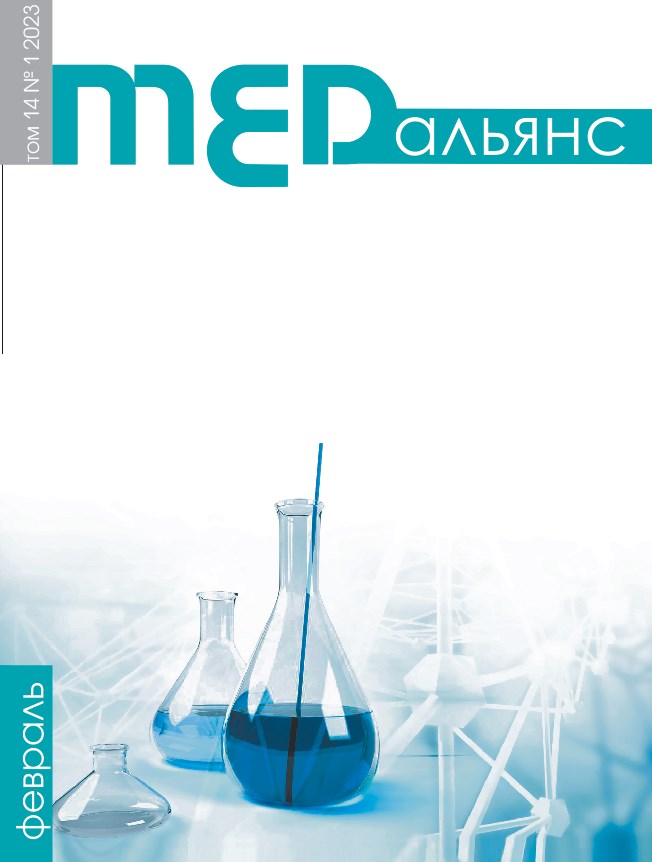Abstract
Aim: To evaluate the modern view on the problem of tuberculosis (TB) in pregnant women and puerperae. Materials and methods. A search was performed in the electronic databases PubMed, eLIBRARY.RU and CyberLeninka, the following terms were used: «tuberculosis», «pregnancy», «mycobacterium tuberculosis», «diagnosis», «treatment», «infertility», «postpartum period», «puerperants». 130 references were found and 50 articles selected. Results. Complaints in pregnant women with TB depend on the location of the infectious process, the duration of pregnancy and the time of TB detection. Diagnosis of TB in pregnant women includes chest X-ray, rapid molecular diagnostics, conventional culture, and others. Most studies have shown the negative impact of pregnancy on the course and outcome of TB, as well as the occurrence of various complications of pregnancy. Also, women with TB often have various maternal and perinatal adverse outcomes. The postpartum period is most often complicated, and a baby can become infected with TB from the mother transplacentally, transamniotically and by airborne droplets at birth. Expressed breast milk is a safe alternative while breastfeeding. Conclusions. The problem of diagnosing and treating TB in pregnant women is quite relevant at the present time and requires special attention of phthisiatricians and obstetricians- gynecologists, which is due to higher risks of progression of the infectious process and the occurrence of various complications during pregnancy, childbirth, or the postpartum period.

